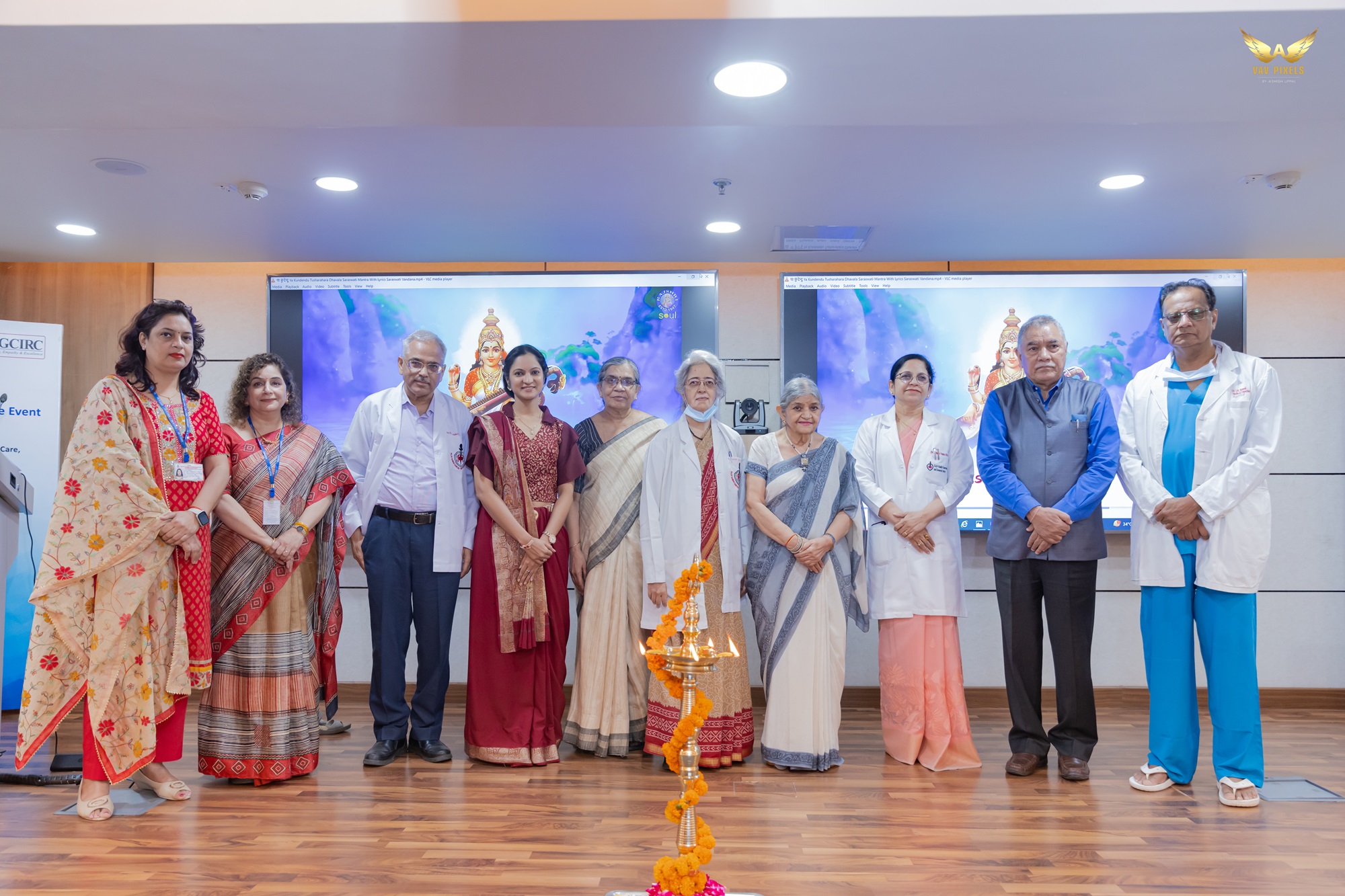
RGCIRC Hosts HOPE’24 to Advocate for Compassionate Palliative Care
In a significant initiative ahead of World Hospice and Palliative Care Day, the Rajiv Gandhi Cancer Institute & Research Centre (RGCIRC) organized a daylong event titled ‘Hospice & Palliative Care Event 24’ (HOPE’24). The event, held at RGCIRC’s premises, attracted over 200 participants, including prominent doctors, medical experts, patients, caregivers, social workers, and healthcare professionals. It served as a platform to discuss the growing need for hospice and palliative care services in India, shedding light on the importance of patient comfort, dignity, and emotional support.
During the event, healthcare experts emphasized that palliative care extends beyond conventional treatment. It aims to provide holistic support to individuals with serious illnesses, like cancer, by addressing not only physical symptoms but also the emotional, social, and spiritual dimensions of patient care. Attendees, including patients and caregivers, actively participated in interactive sessions that delved into the true meaning of palliative care. They shared personal stories, engaged in discussions on recent advancements, and were offered valuable resources to help navigate the complexities of serious illnesses.
Bridging the Gaps in Palliative Care Infrastructure
D.S. Negi, CEO of RGCIRC, highlighted the myriad challenges faced by healthcare providers in delivering comprehensive palliative care. He emphasized the need for better infrastructure and community engagement to overcome barriers in the delivery of this essential healthcare service.
“Doctors and medical support staff face numerous challenges in providing comprehensive hospice and palliative care. Apart from emotional resistance from families to form support groups, the infrastructure in India is lacking. There is an urgent need to bridge the gap between patient needs and healthcare provider practices to enhance palliative care delivery in India,” stated Negi.
Promoting Advance Care Planning and Empowering Patients
One of the key topics of discussion during the event was Advance Care Planning (ACP). Dr. Kinshuki Jain, Head of the Department of Pain and Palliative Care at RGCIRC, emphasized the significance of ACP in ensuring that patients’ treatment aligns with their wishes and quality-of-life preferences, particularly in cases of life-limiting illnesses like cancer.
“This is especially relevant for conditions like cancer, where ACP can ensure that patients do not endure treatment that may not align with their values or quality-of-life goals. Engaging in these conversations early on can minimize futile treatments and promote patient autonomy,” Dr. Jain said.
He also pointed out that promoting living wills and raising awareness about palliative care at the grassroots level can empower individuals to advocate for their care preferences, ensuring that their voices are heard and respected throughout their treatment journey.
Celebrating Voices Through ‘Meri Kahani Suno’
As part of the HOPE’24 event, the Department of Pain and Palliative Care also organized a sub-event titled ‘Meri Kahani Suno’, inviting entries in the form of paintings, e-posters, and write-ups from various stakeholders. The overwhelming response demonstrated the community’s eagerness to share their perspectives on hospice and palliative care, reflecting a shared commitment to creating a compassionate environment for patients and caregivers.
Advocating a Holistic Approach to Patient Care
The event concluded with a collective call to action for improving the quality of life for patients and their families by addressing not just physical symptoms but also emotional and social well-being. By fostering a holistic approach to care, RGCIRC aims to set a precedent for palliative care practices in the country, encouraging more healthcare providers to adopt a patient-centered approach that respects the dignity and wishes of those facing serious illnesses.
The HOPE’24 event reinforced the crucial message that palliative care is not about prolonging life at all costs but about enhancing the quality of life, ensuring patients and families receive compassionate support, and providing dignity in life and beyond.